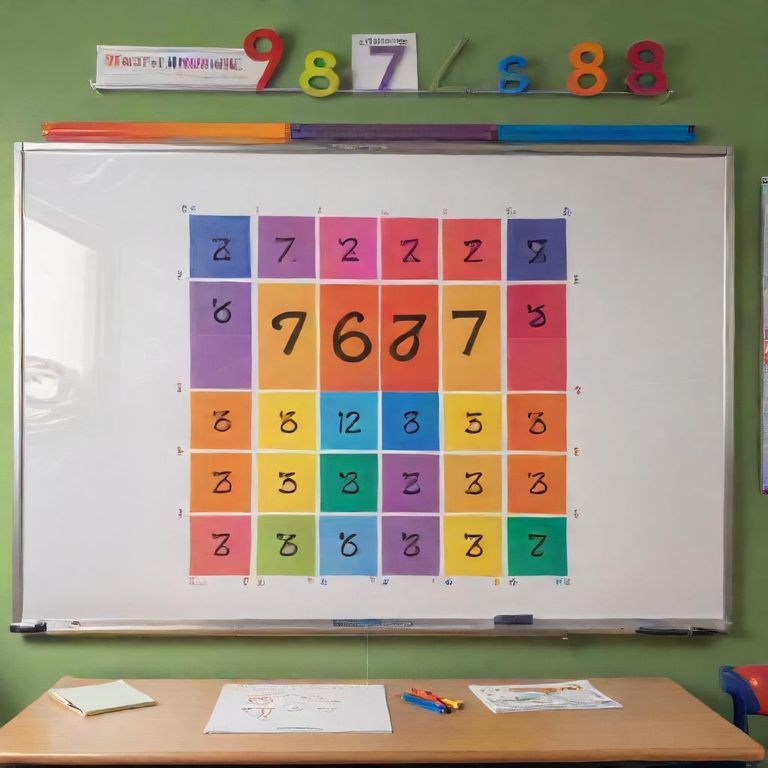Convert Decimal to Fraction
Understanding 687 as a Fraction
Converting the number 687 into a fraction may seem straightforward but involves a few conceptual steps. To express 687 as a fraction, you can represent it over 1, resulting in 687/1. However, to explore more detail, let’s dive deeper into what this means and how it can be applied in various contexts.
How to Express 687 as a Fraction
To effectively show how to convert 687 to its fractional form, we will look at a step-by-step guide:
- Identify the Whole Number: In this case, the whole number is 687.
- Choose the Denominator: Since we are focusing on transforming it into a fraction, the denominator can be set to 1.
- Write it in Fraction Form: Thus, 687 can be expressed as
687/1.
Why Convert 687 as a Fraction?
Understanding how to express 687 as a fraction can be useful in various scenarios, like:
- Mathematical calculations involving ratios.
- Converting decimals into fractions for precision.
- Enhancing comprehension of numerical relationships in data analysis.
Common Mistakes When Working with 687 as a Fraction
While converting 687 to a fraction generally presents no hurdles, here are a couple of common mistakes to avoid:
- Not simplifying the fraction when applicable – although
687/1is already simplified. - Confusing fractions with decimals, which can lead to calculation errors in broader contexts.
10 Key Facts About 687 as a Fraction
- How does 687 as a fraction work? It works by expressing the number over 1, simplifying calculations.
- Can you easily convert 687 as a fraction? Yes, especially if you keep in mind the basic concept of fractions.
- Is 687 a whole number? Yes, it is a whole number, and its only fractional form is
687/1. - What’s the significance of 1 as a denominator? The denominator of 1 signifies that 687 is a complete entity without fractions.
- Can fractions aid in comparing values? Yes, converting numbers to fractions helps in easier comparisons.
- Do all whole numbers have fractional equivalents? Yes, any whole number can be expressed as a fraction over 1.
- Can this method be applied to other numbers? Absolutely, you can apply this same method to all whole numbers.
- What are the broader applications of fractions? Fractions are crucial in fields like engineering, finance, and data interpretation.
- Is 687 as a fraction useful in real-life scenarios? Yes, particularly in tasks requiring precision and data clarity.
- Can you represent 687 in other fractional forms? Yes, through operations like division, but the fundamental form remains
687/1.
Interesting post! I’ve always thought of numbers as just whole or decimal, never really considered ’em as fractions. Do you think 687 can break down easily or what? 🤔